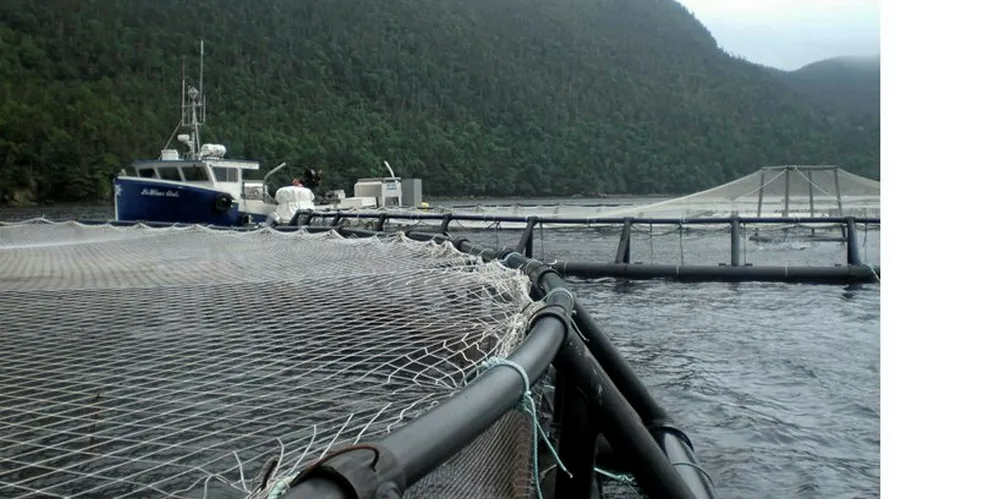NGO wants lawmakers to review Mowi's Newfoundland expansion plans
The call for oversight comes just days after Newfoundland fisheries minister suspends 10 Mowi farming licenses in the region following die-off of 2.6 million salmon.

The call for oversight comes just days after Newfoundland fisheries minister suspends 10 Mowi farming licenses in the region following die-off of 2.6 million salmon.
